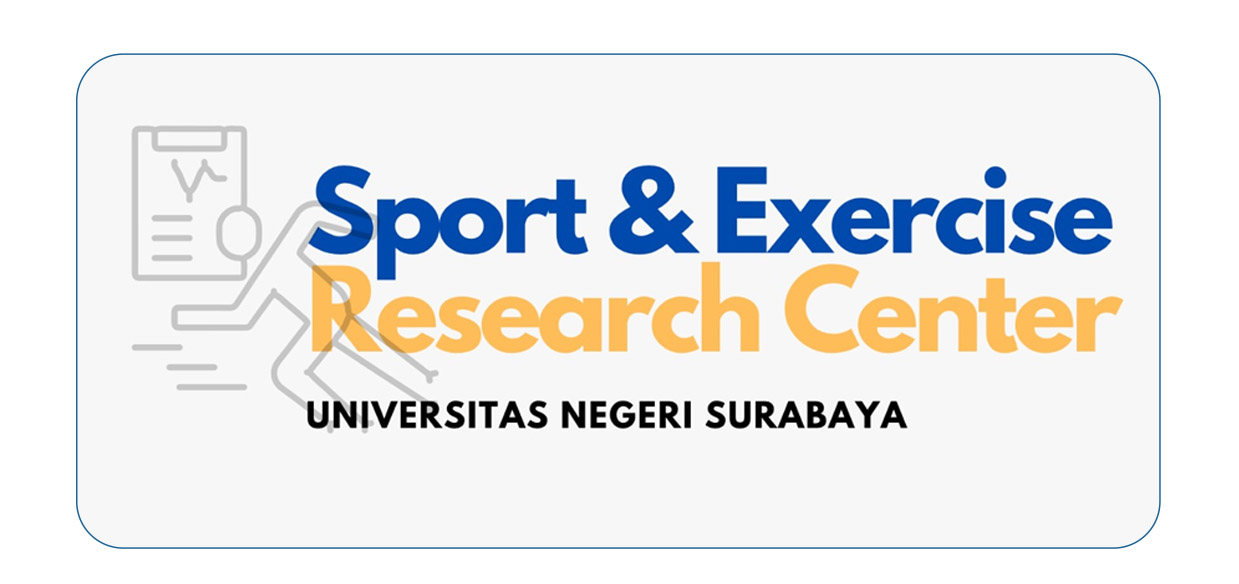Government Employee Perspectives on the Role of Tour de Borobudur in Creating Social Legacy
DOI:
https://doi.org/10.26740/jossae.v9n1.p46-55Keywords:
branding, cycling, local community, sport event, sport tourismAbstract
This article presents the findings of a study on the Tour de Borobudur events, focusing on its role in creating a social legacy from a governance perspective. The study utilized a descriptive quantitative research methodology to examine the perspectives of government employees on the management and utilization of sustainable tourism through the cycling race. The findings revealed a positive perception of the event's impact on various aspects, including community communication, hospitality skills, managerial acumen, humanitarian aspects, and enthusiasm for sports and physical activity. The program was found to be a platform for improving communication skills, tourist service skills, local management abilities, and promoting an active lifestyle. The study recommends disseminating the findings to relevant stakeholders for the development of more effective programs and policies in the future, providing valuable insights for the government and the community in managing and harnessing tourism potential sustainably.
References
Deacon, B., Carey, A., Legg, D., Jarvis, P., Shelton, G., George, M., & Torrance, B. (2019). Building Social Legacies : Through Mega, Major and Signature Sport Events.
Natal, Y. R. (2020). Kebijakan Pemerintah Tentang Penyediaan Sarana Dan Prasarana Olahraga Pendidikan Di Smp Negeri Se-Kecamatan Bajawa. IMEDTECH (Instructional Media, Design and Technology), 4(1), 22. https://doi.org/10.38048/imedtech.v4i1.222
Nima, L. (2023). Analysis of the Influence of Sports Community on Individual Sports Training - Based on the Social Support Theory. SHS Web of Conferences, 171, 03017. https://doi.org/10.1051/shsconf/202317103017
Ritchie, B. W., Chien, P. M., & Shipway, R. (2020). A Leg(acy) to stand on? A non-host resident perspective of the London 2012 Olympic legacies. Tourism Management, 77(December 2017). https://doi.org/10.1016/j.tourman.2019.104031
Tajeddini, K., Martin, E., & Ali, A. (2020). Enhancing hospitality business performance: The role of entrepreneurial orientation and networking ties in a dynamic environment. International Journal of Hospitality Management, 90, 102605. https://doi.org/https://doi.org/10.1016/j.ijhm.2020.102605
Tomino, A. C., Peri?, M., & Wise, N. (2020). Assessing and considering the wider impacts of sport- tourism events: A research agenda review of sustainability and strategic planning elements. Sustainability (Switzerland), 12(11). https://doi.org/10.3390/su12114473
UU Republik Indonesia No. 23 Tahun 2014 tentang Pemerintah Daerah (Issue July). (2014).
Downloads
Published
How to Cite
Issue
Section
License
Copyright (c) 2024 JOSSAE (Journal of Sport Science and Education)

This work is licensed under a Creative Commons Attribution-ShareAlike 4.0 International License.
 Abstract views: 198
,
Abstract views: 198
, PDF Downloads: 233
,
PDF Downloads: 233
, PDF Downloads: 74
PDF Downloads: 74








